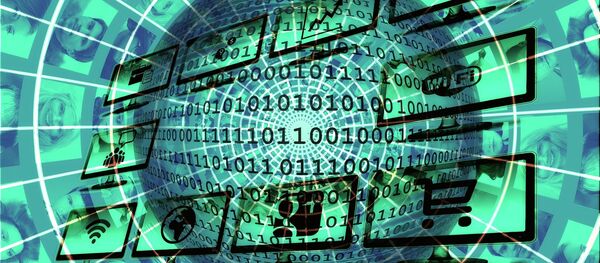Notifying the user that they are the subject of a surveillance operation will become a criminal offense under the controversial draft Investigatory Powers Bill — also known as the Snoopers' Charter.
Social media bosses face two years in jail if they warn users of MI5 surveillance https://t.co/Vcws9XOZvu pic.twitter.com/hAZrftXAcj
— Ian56 (@Ian56789) December 29, 2015
Details of the plan have been revealed in a note to the Investigatory Powers Bill, which reads:
"While in many cases it would be detrimental to the investigation if a communication service provider notified the subject of an investigation that a request for their data had been made, there are cases where this would not be the case. The legislation provides for communication service providers to notify the customer in such circumstances where the public authority is content for them to do so."
The UK's updated Investigatory Powers Bill will also force Internet service providers to store the browsing history of every website people have visited for a year to intercept collect and interfere with communications data.
The row over whether Internet users have the right to anonymity online, protected by encryption, continues. However, the revelation of the note added to the Investigatory Powers Bill, saying that big tech companies must not inform their customers that there are being spied on or else face jail, suggests that the British government is winning the argument through force.
The new law would also allow the government to force Internet and communications companies to allow Britain's spy and intelligence agencies — GCHQ, MI5, MI6 — the police and others, access to private encrypted data, which is how businesses store personal information online.
This is what Apple has to say about the UK government's new surveillance law https://t.co/e0E9Rgp5Ih pic.twitter.com/G5pcLqfVhT
— Wired UK (@WiredUK) December 27, 2015
Meanwhile, technology firm Apple has voiced concerns that it could be forced by the government to provide the contents of a customer's communication data. "A key left under the doormat would not just be there for the good guys. The bad guys would find it too," the company said.



